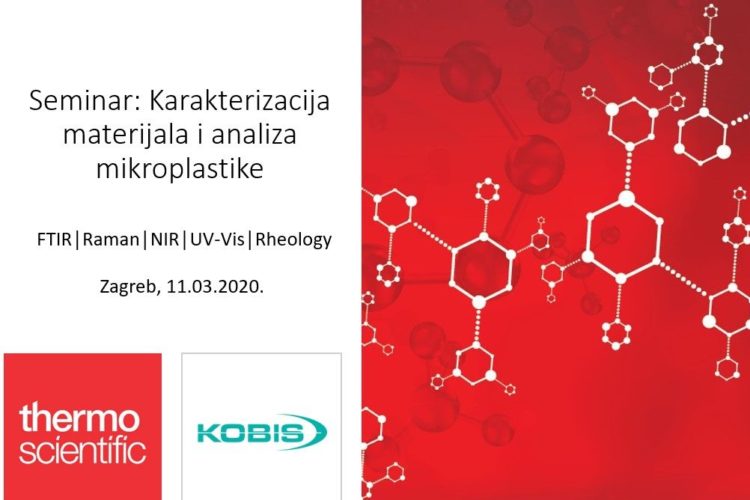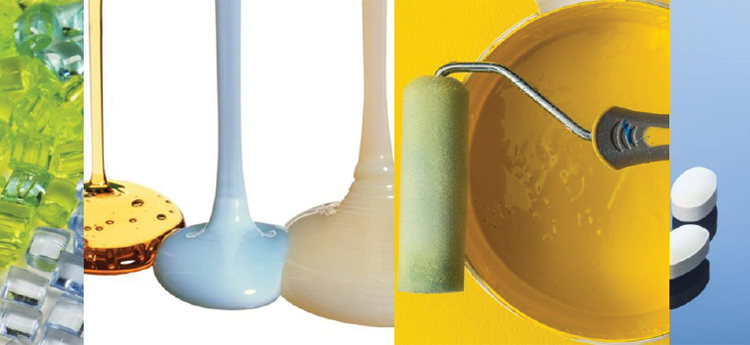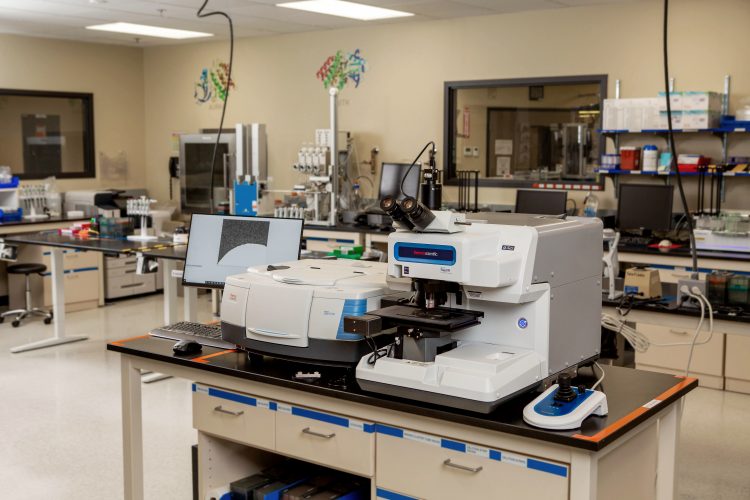The Thermo Scientific™ Nicolet™ RaptIR™ FTIR Microscope offers precision and agility to help streamline sample analysis by quickly generating actionable results. Homing in on the intricacies of a sample to find the answer you need is often a lengthy and difficult process. Any amount of time saved while searching for the solution makes a world […]
Instrument Systems take on Burden of Compliance

Event Overview: The ever-changing regulatory environment faced by manufacturers in pharmaceuticals and other regulated industries can cause confusion and doubts about compliance. Instrument systems designed to meet regulatory requirements can relieve the burden for manufacturers. How do they do it? Watch this webcast to see how two different instrument platforms—Fourier-transform infrared spectroscopy (FTIR) and microvolume […]
Poster: Microplastic Analysis with FTIR and Raman Spectroscopy

Goals and Objectives: Develop a methodology for the isolation and analysis of microplastic particles using FTIR and Raman spectroscopy Isolate microplastic particles from solutions using filters that allow direct spectroscopic analysis Determine the size and shape of the microplastic particles using image analysis Identify the type of microplastic using FTIR or Raman spectroscopy by […]
Something you need to see, to believe

Increasing productivity is a consistent message that isn’t always backed by performance, making claims difficult to believe. QAQC labs often fall short of their productivity goals for a variety of reasons; interruptions, need for new workflows, manual steps, tedious sample prep, re-work, and collecting background measurements are just a few examples. With advanced software and […]
Ensuring product safety and efficacy of alcohol-based hand sanitizers

The Centers for Disease Control and Prevention (CDC) first revised its hand hygiene guidelines in 2002 to recommend alcohol-based hand sanitizer as a possible alternative to hand cleansing with soap and water for the public and health care personnel. The majority of alcohol-based hand sanitizers contain either isopropanol, ethanol, n-propanol, or a combination of two […]
Interview with Dr. Kameda, Environmental Microplastic Researcher

As an Associate Professor at the Chiba Institute of Technology, Japan, Dr. Yutaka Kameda has worked on several research projects regarding microplastics in the environment including establishing analysis methods to measure microplastics with FTIR spectroscopy. In this interview, you’ll read about his environmental research as well as his thoughts on the current and future state […]
Webinar: The Complete Polymer Analysis Workstation

Having an all-in-one tool not only provides comprehensive insight with correlative analysis but enhances efficiency through automation and the simplicity of owning a single instrument. When analyzing polymer samples for research and development or quality control, multiple tools are necessary. The Thermo Scientific™ Nicolet™ iS50 FTIR Spectrometer is one such tool as it can […]
Seminar: Karakterizacija materijala i analiza mikroplastike

Poštovani poslovni suradnici, Organiziramo seminar gdje ćete imati priliku čuti informacije o izazovima i rješenjima za analizu mikroplastike iz okoliša i hrane te više informacija o tehnikama karakterizacije materijala. Predavanja će održati kolege iz kompanije ThermoFisher Scientific te ćete imati priliku saznati novosti iz tehnika FTIR, Raman, NIR, UV-VIS i reologije . Seminar je besplatan […]
Discover new correlations by hyphenating rheology with spectroscopic/optical analysis

You can correlate the absolute flow and deformation characteristics of a material with processing or application behavior using rheological measurements. Yet the mechanical properties are directly related to microscopic or molecular structure. Combining rheometry with optical or spectroscopic techniques gives you a much better understanding of the material. Find out more by reviewing a compendium […]
Microplastics Analysis by FTIR and Raman

Small particles. Big impact. Beaches, clothing, bottled water, fish, beer, the air and honey all have one thing in common. They each contain microplastics. Less than 5 millimeters in size [1], these confounding microparticles are an urgent concern as they invade food chains and slip through purification systems undetected. Microplastics are small plastic fibers […]

